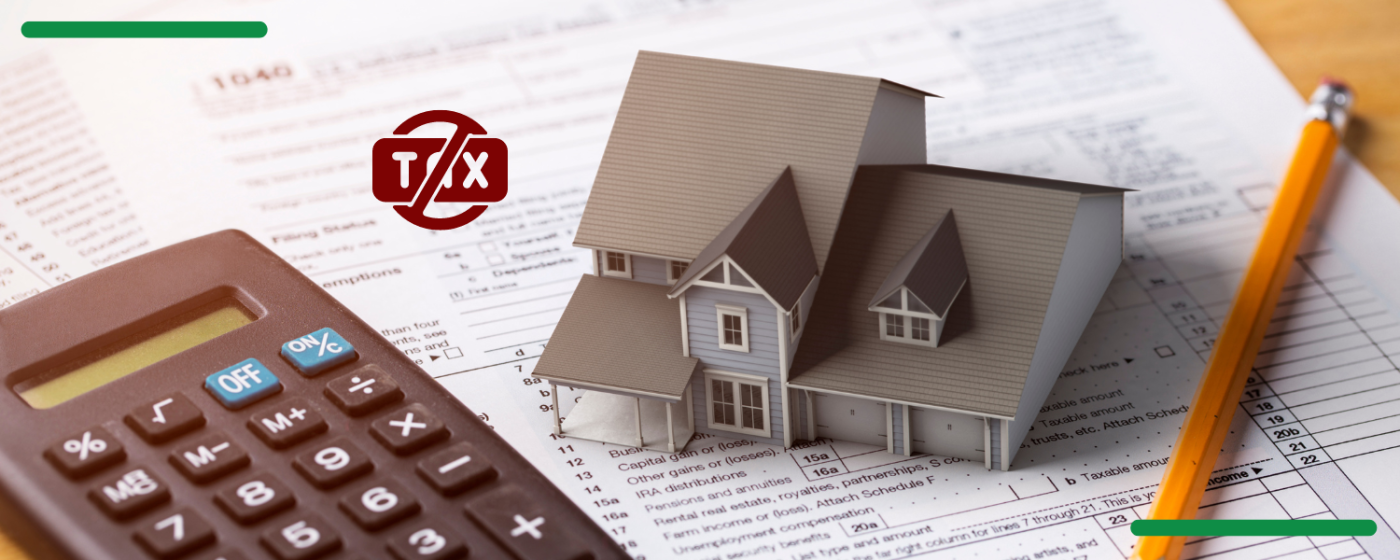Plan For & Protect
Their Legacies REACH OUT NOW

Georgia Property Tax Homestead Exemption
Some of us have put our properties, like a home and land, in a trust as part of our estate plan. In transferring properties to a trust, whether a house or land, additional paperwork should be completed. For example, your living trust will only be properly funded if you take the necessary steps to ensure that the title to your home is properly and legally transferred to the trust. Funding is the process of transferring title to an asset from your name personally to the name of the trust. Once funding is accomplished, there are certain benefits that will need to be renewed such as homestead exemption. It is important to re-apply for any exemptions or incidental benefits that may have been held prior to funding your property to the trust.
Benefits of Applying For a Homestead Exemption
The homeowner's age and the residence's assessed value both play a role in determining property tax exemptions. Trustees or homeowners who qualify for a homestead exemption pay lower property taxes on their legal residence.
Requirements To Claim Homestead Exemption
Pursuant to O.C.G.A. § 48-5-40, a homeowner can get a homestead exemption on their residential property by meeting the following requirements:
Be the owner of the property on January 1
This home needs to be your primary legal residence and official address for all purposes
You must be residing in the property
Remember that you cannot obtain another or a second homestead exemption for a property you own in Georgia or any other property you own in another state. The only property eligible for the homestead exemption is your primary residence.
The homestead exemption will not be denied to homeowners who have to be away from their homes for health reasons. A family member or friend can notify the tax office or tax commissioner, and the homestead exemption will be given.
What Documents Will You Need?
Trust document and affidavit (if the property is in the Trust)
The homeowner's name
The property's parcel I.D.
The property address
Proof of residency (driver's license and a copy of vehicle registration)
A deed or recorded deed (for new owners)
There is a possibility that additional documents may be requested to prove eligibility.
When To File Your Homestead Exemption?
The due date for filing homestead exemption applications is April 1. However, applications submitted after April 1 will be processed in the next calendar year. You must submit your application on April 1 to maintain your eligibility for the homestead exemption for that particular year, or else you'll lose it.
Where to File Your Homestead Exemption?
Applications for homestead exemptions are filed to your county's tax commissioner's office.
Even if you have put your properties into Trust, you can still apply for a homestead exemption from the property tax. Make sure you take advantage of the opportunity to qualify for a homestead exemption on your property taxes. For further information, please contact the office of the tax assessor in your county.
CHECK OUT THESE RELATED ARTICLES:
Probate & Estate Administration
OTHER RELATED ARTICLES:
Importance of Legitimation And How It Impacts the Right of Inheritance? |
The Critical Importance of Trustee Selection and Due Diligence for Asset Management |
ESTATE PLANNING ARTICLES:

